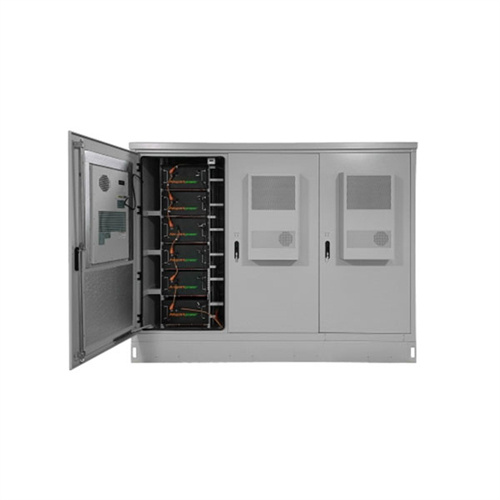About How to learn energy storage engineering
Steps to Become an Energy Storage EngineerStep 1: Obtain a Bachelor’s Degree in Engineering . Step 2: Specialize in Energy or Electrical Engineering . Step 3: Gain Knowledge in Energy Storage Technologies . Step 4: Participate in Internships or Co-op Programs in Energy Storage Companies . Step 5: Obtain Necessary Certifications . Step 6: Gain Work Experience in the Energy Sector . 更多项目
As the photovoltaic (PV) industry continues to evolve, advancements in How to learn energy storage engineering have become critical to optimizing the utilization of renewable energy sources. From innovative battery technologies to intelligent energy management systems, these solutions are transforming the way we store and distribute solar-generated electricity.
When you're looking for the latest and most efficient How to learn energy storage engineering for your PV project, our website offers a comprehensive selection of cutting-edge products designed to meet your specific requirements. Whether you're a renewable energy developer, utility company, or commercial enterprise looking to reduce your carbon footprint, we have the solutions to help you harness the full potential of solar energy.
By interacting with our online customer service, you'll gain a deep understanding of the various How to learn energy storage engineering featured in our extensive catalog, such as high-efficiency storage batteries and intelligent energy management systems, and how they work together to provide a stable and reliable power supply for your PV projects.
Related Contents
- How to learn energy storage engineer
- How energy storage battery companies work
- How to pack energy storage equipment
- How to increase the energy storage time
- How to charge personal energy storage batteries
- How is the price trend of energy storage field
- How much energy storage is 400kwh
- How to access photovoltaic energy storage
- How chemical energy storage works
- How to guide the development of energy storage
- How light energy storage works
- How to select inverter for energy storage system


